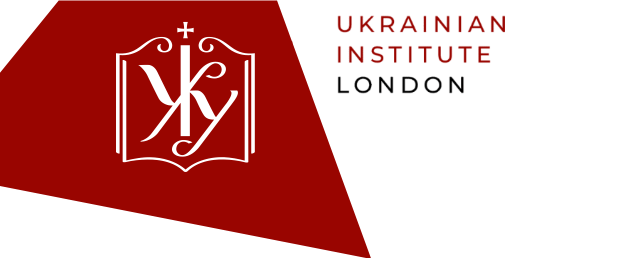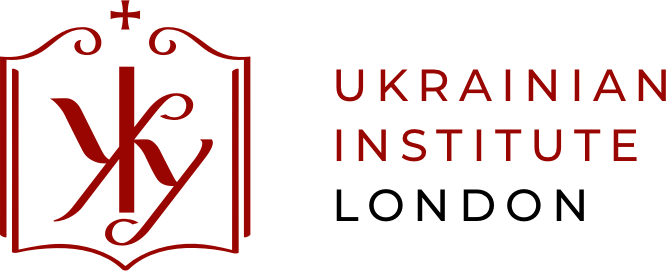The Ukrainian Institute London presented its vision for the development of a network of Ukrainian cultural institutes abroad at the 2nd Cultural Diplomacy Forum on the 27th of April in Kyiv. The overview of Ukraine’s cultural and public diplomacy efforts was the focal point of this important gathering, organized by the Kyiv office of the Kennan Institute and featuring over 100 participants.

Marina Pesenti, Director of the Ukrainian Institute London, presented the results of an audit of the cultural and public diplomacy efforts made by various actors in London’s Ukrainian community over the period 2014-2015 and suggested practical steps in setting up properly functioning cultural and information centres for Ukraine in a situation of a severe shortage of state funds.
She pointed out that the Ukrainian community in the UK showed signs of consolidation and maturity by organising a number of complex projects, ranging from art to round table discussions, and has made a valuable contribution to shaping a narrative about Ukraine in the British public space in the post-Maidan period. “It is ready to implement more complex projects with Britain’s major cultural institutions, reaching beyond the comfort zone of Ukraine’s traditional supporters and out to a wider British public, ” she said. “But there must be a structured state support, both organisational and financial, behind such efforts,” she added.
there must be structured state support, both organisational and financial, behind such efforts
MArina pesenti, director, ukrainian institute London
How could such cultural centres look? It is important that they combine cultural and public diplomacy elements, as it is not possible to promote a country’s culture without explaining the country itself, its history, identity, and its current situation. Investing in a core team of qualified locally employed staff is key. It’s important it has a great understanding of how British public opinion is shaped and a wide network of contacts in both Ukraine and the UK, Marina Pesenti said.
Apart from the UK, the Forum featured case studies of Ukraine’s cultural and public diplomacy in the US, the Netherlands, and Belgium. Those cases demonstrated a number of common features: the key role the diaspora played in those countries in promoting Ukrainian culture abroad and an aggressive, well-funded, use of “soft power” by the Russian Federation, making Ukrainian efforts more difficult.
The case of the Dutch referendum around Ukraine’s free trade agreement with the EU was illuminating in this regard: by conducting a short, albeit intense campaign, Ukraine was battling against both Euroscepticism and “a blank slate” of knowledge most Dutch hold about the country, said Vasyl Myroshnychenko, the Founder of the Ukrainian Crisis Media Centre. He stressed the importance of a long-term horizon Ukraine has to take in its cultural and public diplomacy.
It’s important the state keeps building up its institutional capacities for such projects, said Kateryna Smagliy, Director of the Kennan Institute of the Kyiv office. The Ukrainian Ministry of Foreign Affairs, which recently opened a department of cultural diplomacy, needs to step up its efforts. More needs to be done to build synergies between this Ministry and the Ministry of Culture which initiated the concept of Ukrainian cultural institutes abroad. Civil society organisations criticised some of the most recent appointments of the reshuffled cabinet, as well as the slow pace of reform and lack of vision.
Culture in Ukraine is run on a shoe-string budget of 7 million hryvnias, shared between several institutions, said Hanna Hopko, the head of the foreign affairs committee of the Ukrainian Parliament. Hanna said that as head of the committee she is pushing for an increase.
The Ukrainian Institute London’s research paper on the Ukrainian community’s cultural and public diplomacy efforts in the UK can be viewed here.
The collection of research papers on cultural diplomacy published in the Agora magazine of the Kyiv office of the Kennan Institute can be viewed here.


